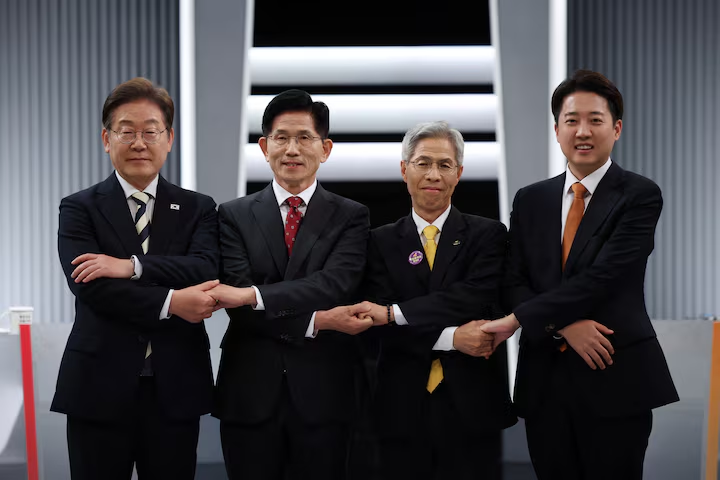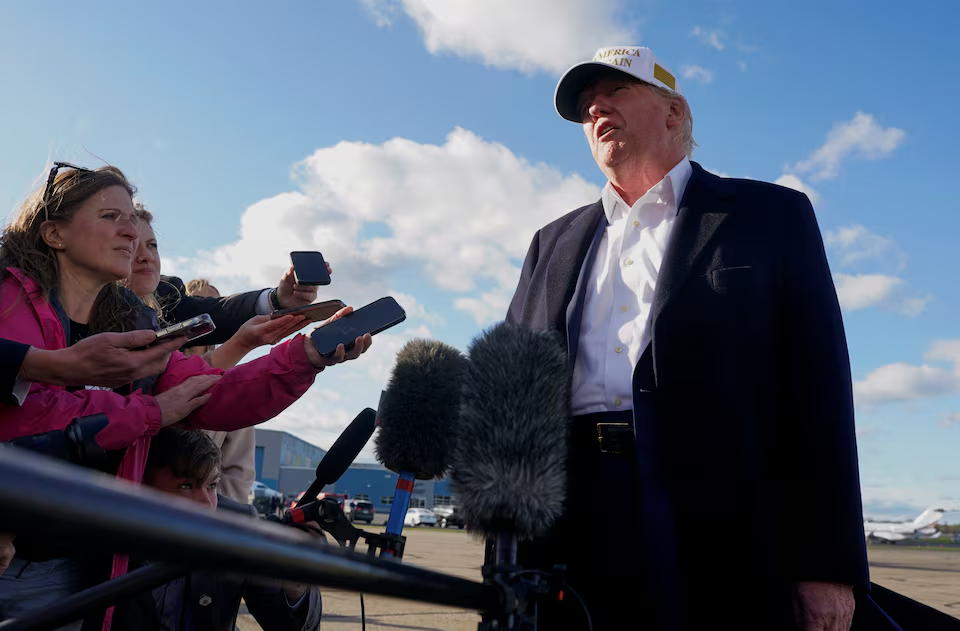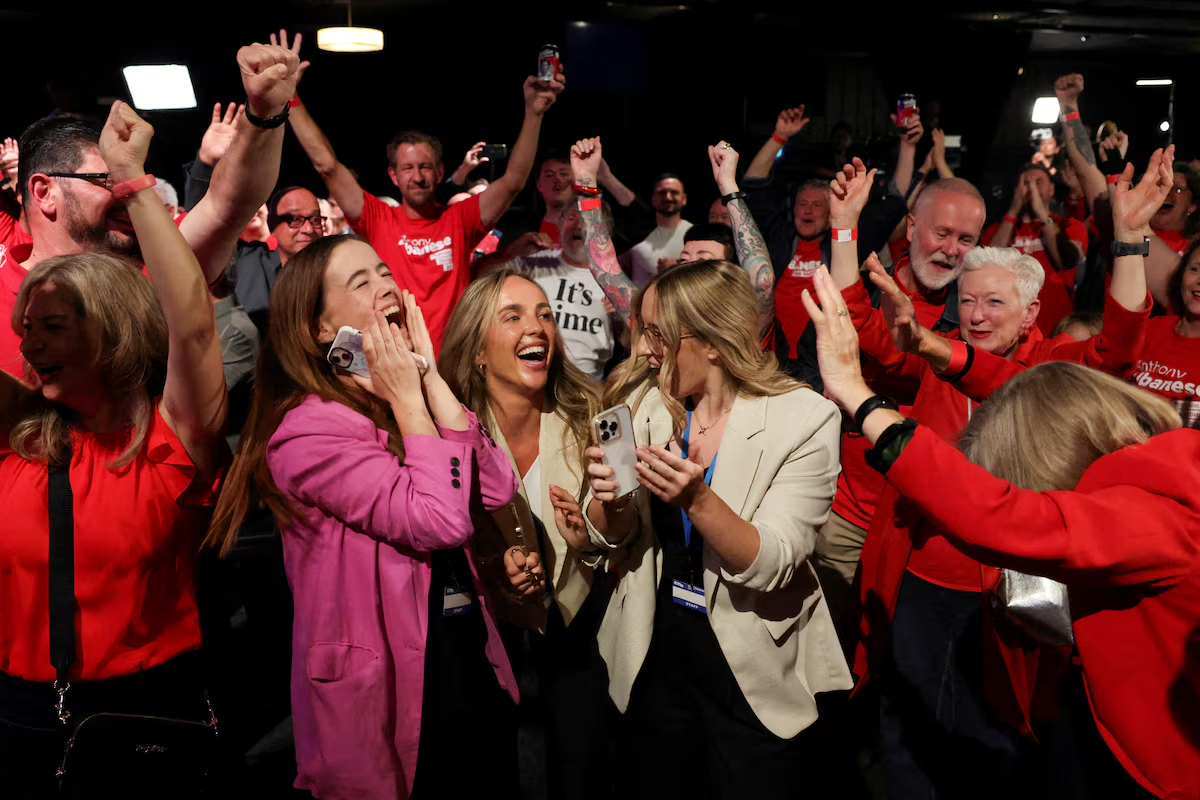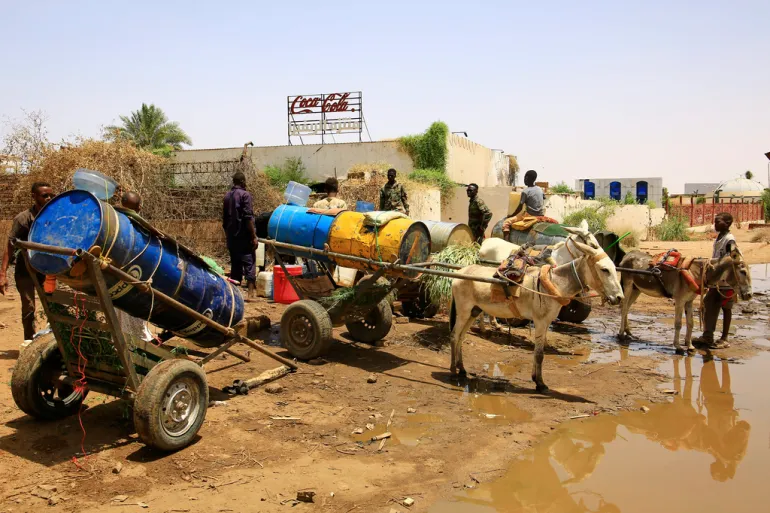A growing number of South Koreans are demanding constitutional reforms to limit presidential authority, following revelations that a recent martial law scare exposed deep flaws in the nation’s balance of power. The push comes amid nationwide debate over the strength of the executive branch and fears that emergency powers could be abused in times of political crisis.
The discussion was triggered by reports that senior government officials considered invoking martial law protocols during a national security scare earlier this year — raising alarms across the political spectrum.
“Our democracy must never again be vulnerable to unchecked executive power,” said opposition lawmaker Kim Sung-tae. “We need real constitutional safeguards.”
⚖️ Presidential Power Under Scrutiny
Under the current system, South Korea’s president wields extraordinary authority, particularly during national emergencies. While the constitution allows for martial law in “grave circumstances,” critics argue the definition is too vague and gives the executive sweeping latitude without adequate legislative or judicial oversight.
Recent reports revealed that aides to President Yoon Suk-yeol had internally discussed martial law scenarios amid mounting tensions with North Korea and domestic unrest, though no such measure was formally enacted. The disclosures have sparked public outcry and renewed fears of a return to authoritarian-era practices.
🗳️ Reform Movement Gains Momentum
Civil society groups, legal scholars, and even some ruling party lawmakers are now calling for constitutional amendments to clarify and restrict emergency powers. Proposed reforms include:
- Mandatory parliamentary approval for any imposition of martial law
- Time limits on emergency decrees
- Clearer definitions of “national crisis”
- Stronger judicial oversight during states of emergency
“Our democracy has matured, but our constitution still reflects fears of past instability,” said Seoul law professor Han Ji-woo. “It’s time to modernize.”
Petitions calling for reform have gathered over one million signatures, and the issue is expected to dominate next year’s legislative elections.
🧭 Historical Echoes
The controversy evokes memories of South Korea’s authoritarian past, when martial law was used by military regimes to suppress dissent — most notoriously during the Gwangju Uprising of 1980. For many citizens, particularly the older generation, the term “martial law” still conjures images of curfews, censorship, and political purges.
“We will not go back to the days when soldiers ruled our streets,” said a protester in Busan. “That era is over.”
🌍 Democratic Integrity on the Line
The reform push has sparked concern in global human rights circles as well. International observers and NGOs argue that while South Korea remains a democratic success story in Asia, its executive-heavy system remains an outlier among developed democracies.
The United Nations Special Rapporteur on Human Rights has urged South Korea to align its constitutional framework with international democratic norms, particularly regarding civil-military relations and emergency governance.
⏭️ What to Watch
- Whether President Yoon supports or resists constitutional reform efforts
- Introduction of reform legislation in the National Assembly
- Public protests or civic movements pushing for structural change
- Role of upcoming elections in shaping the national debate
- Potential constitutional convention or national referendum
As the martial law scare fades, the political reckoning is just beginning. South Koreans are now confronting the fragility of democratic guardrails, demanding that their system evolve beyond its authoritarian remnants. The outcome of this debate could define the future resilience of one of Asia’s most vibrant democracies.
Source; Reuters



